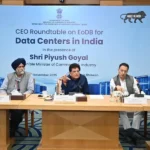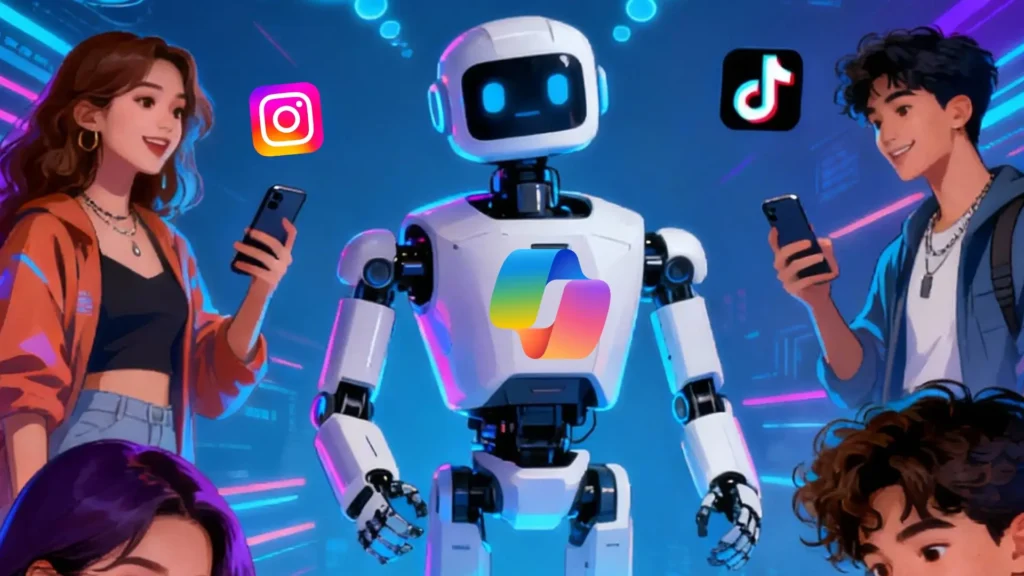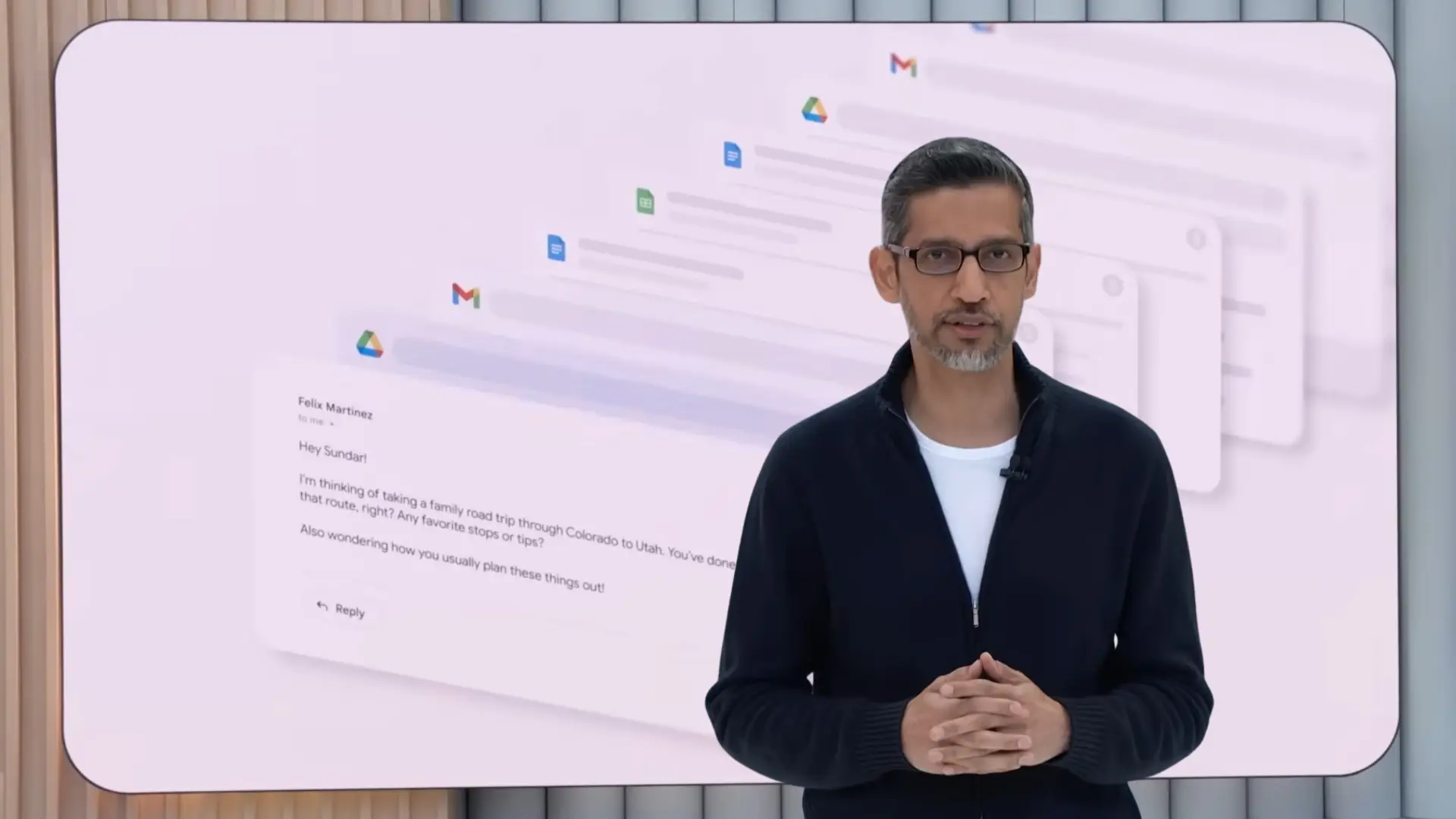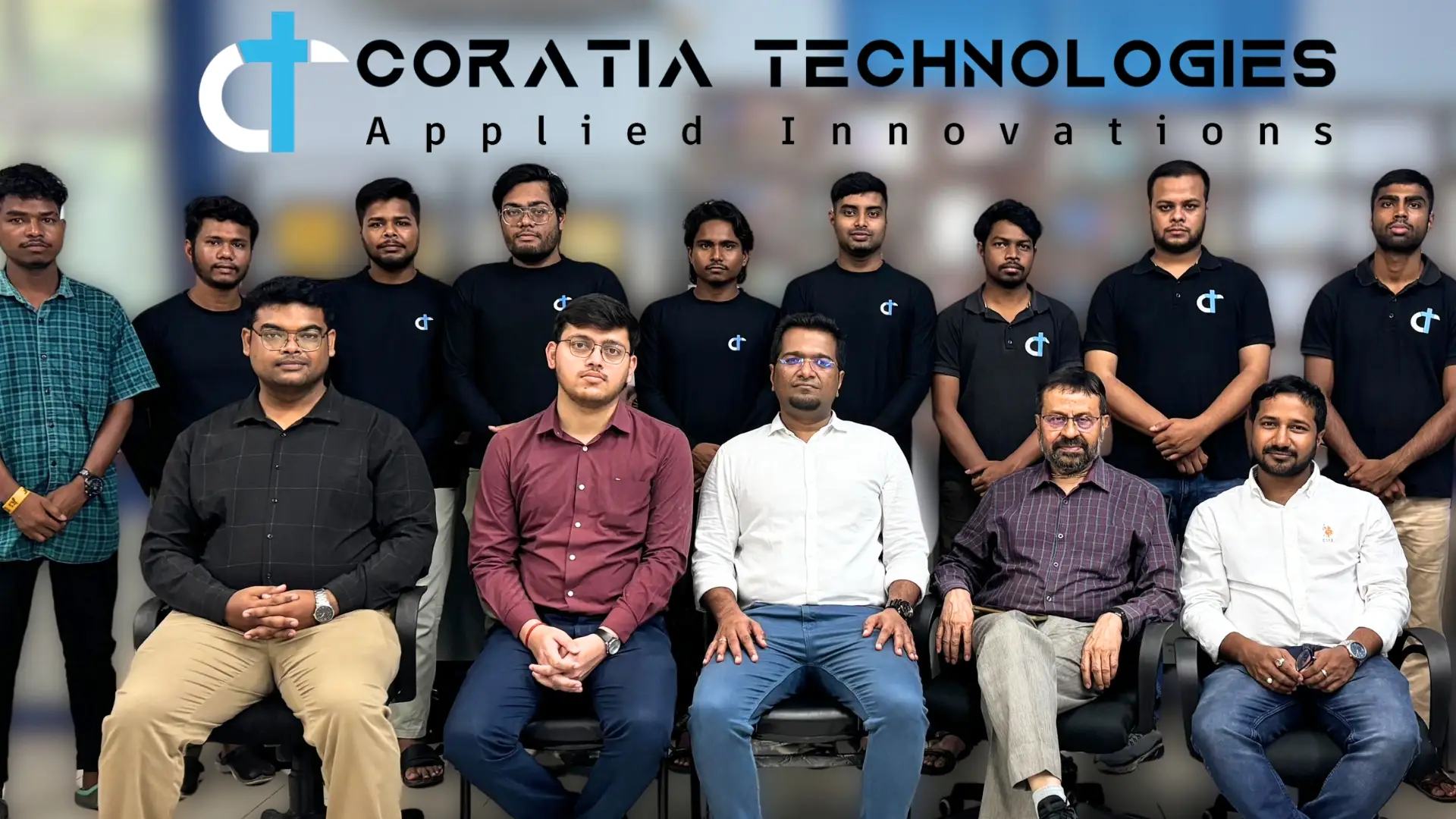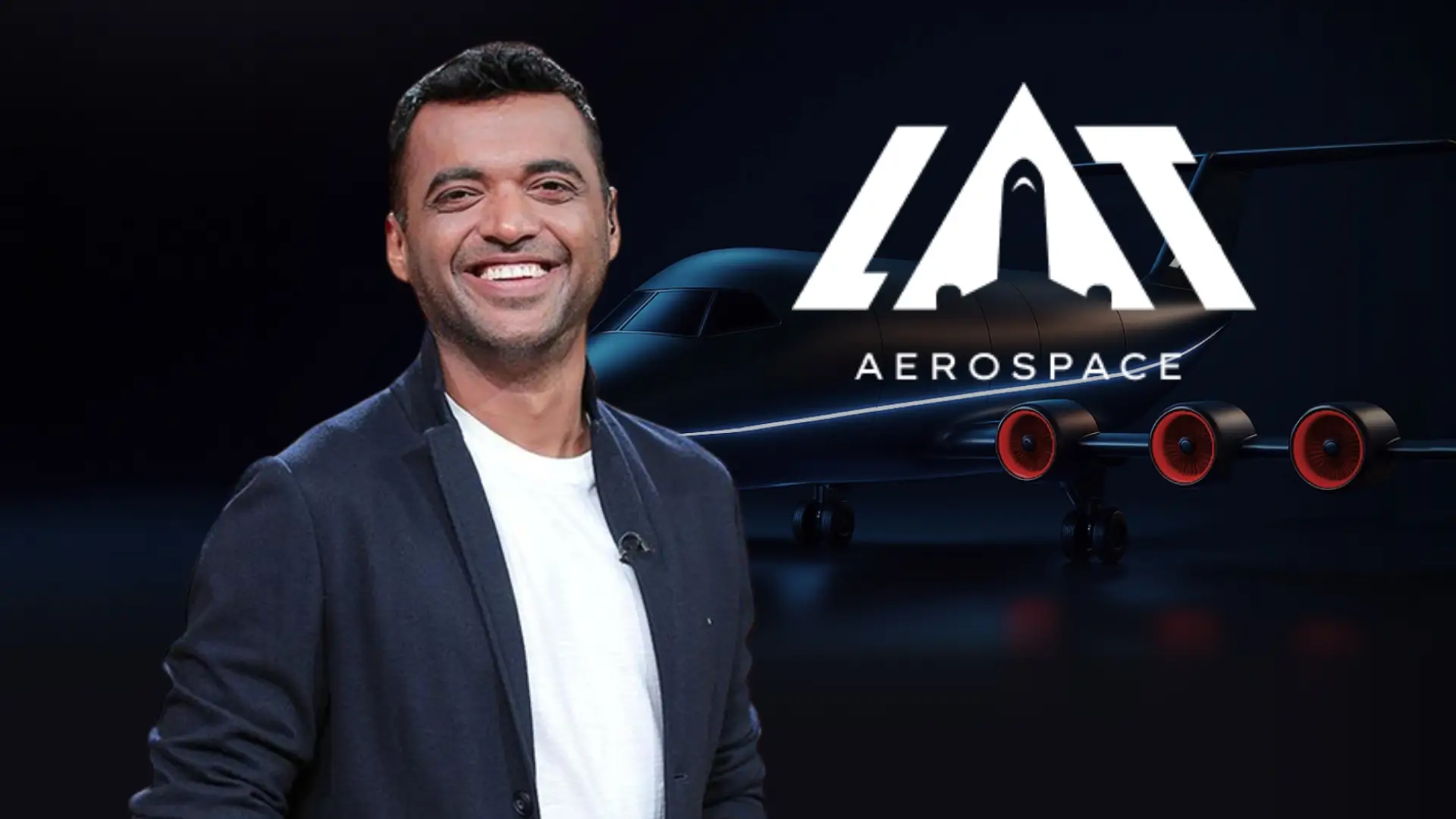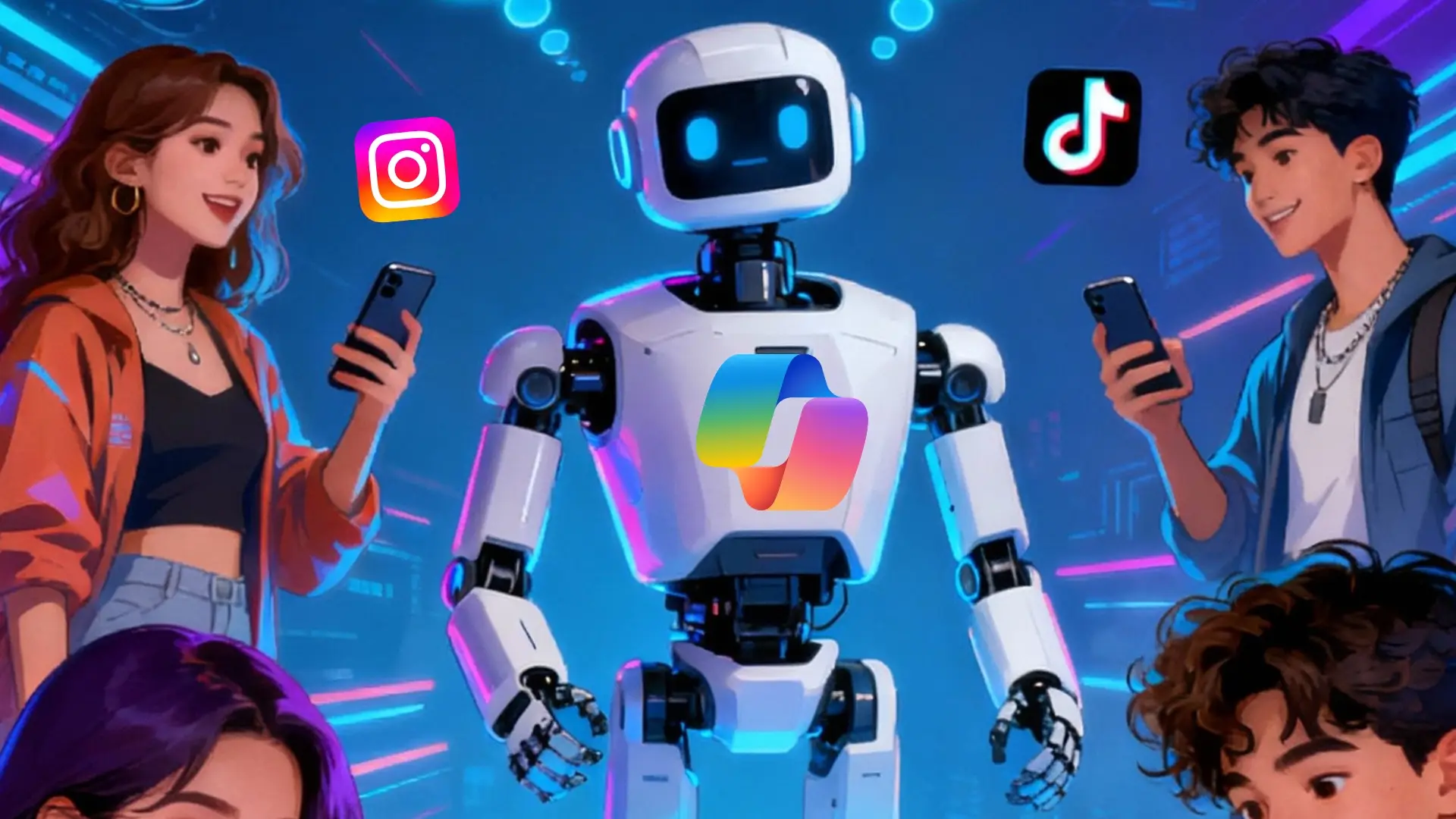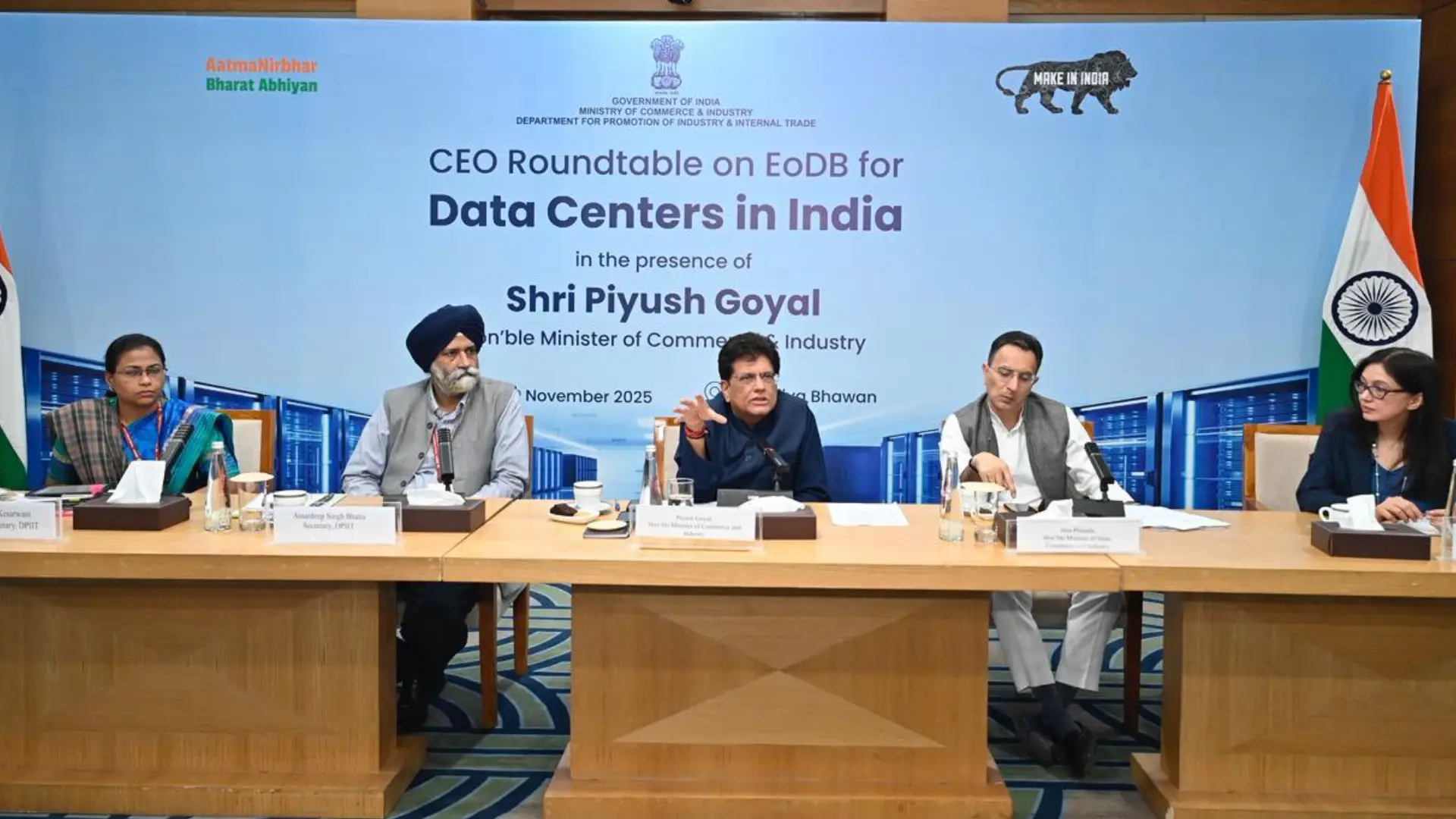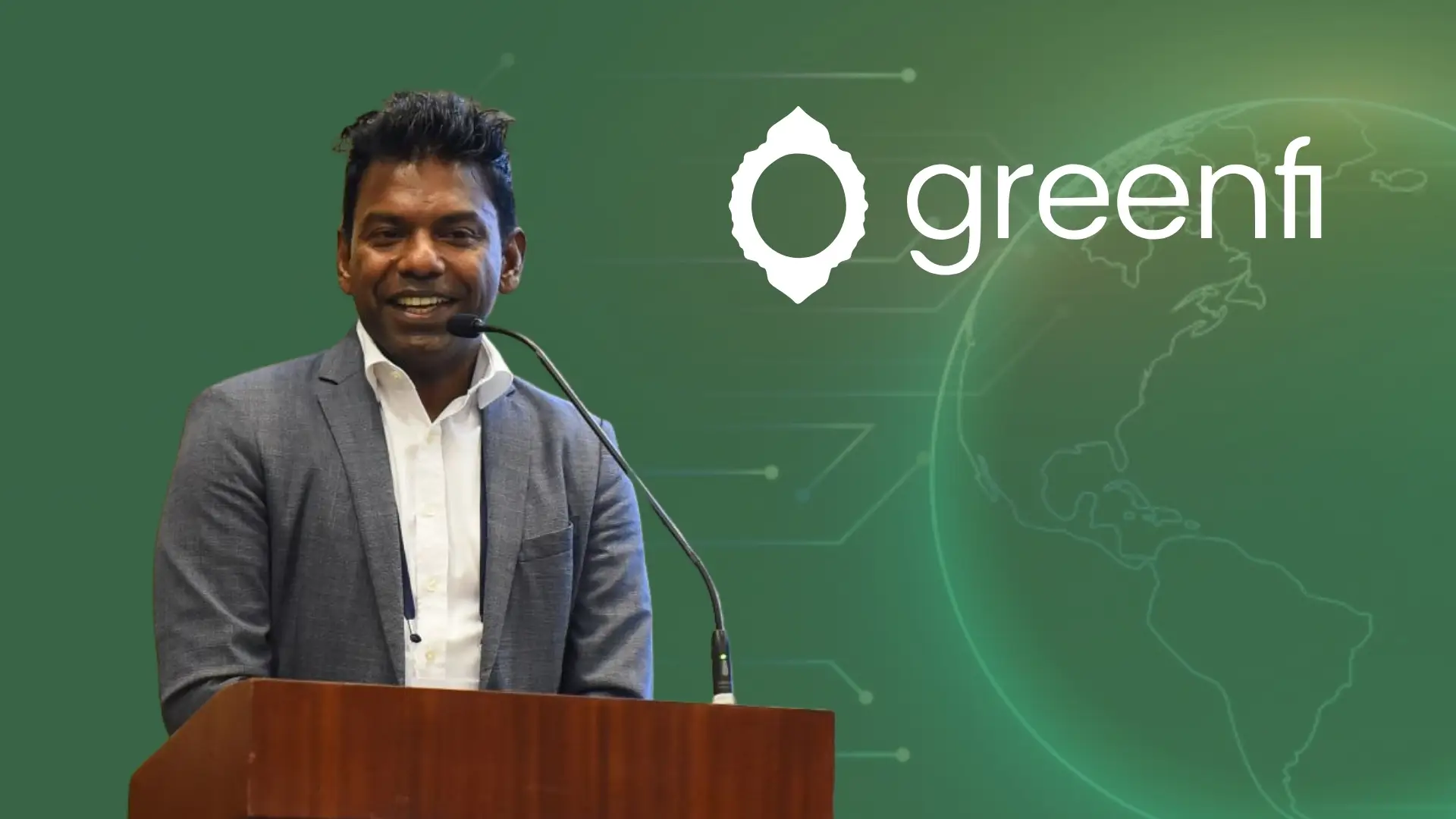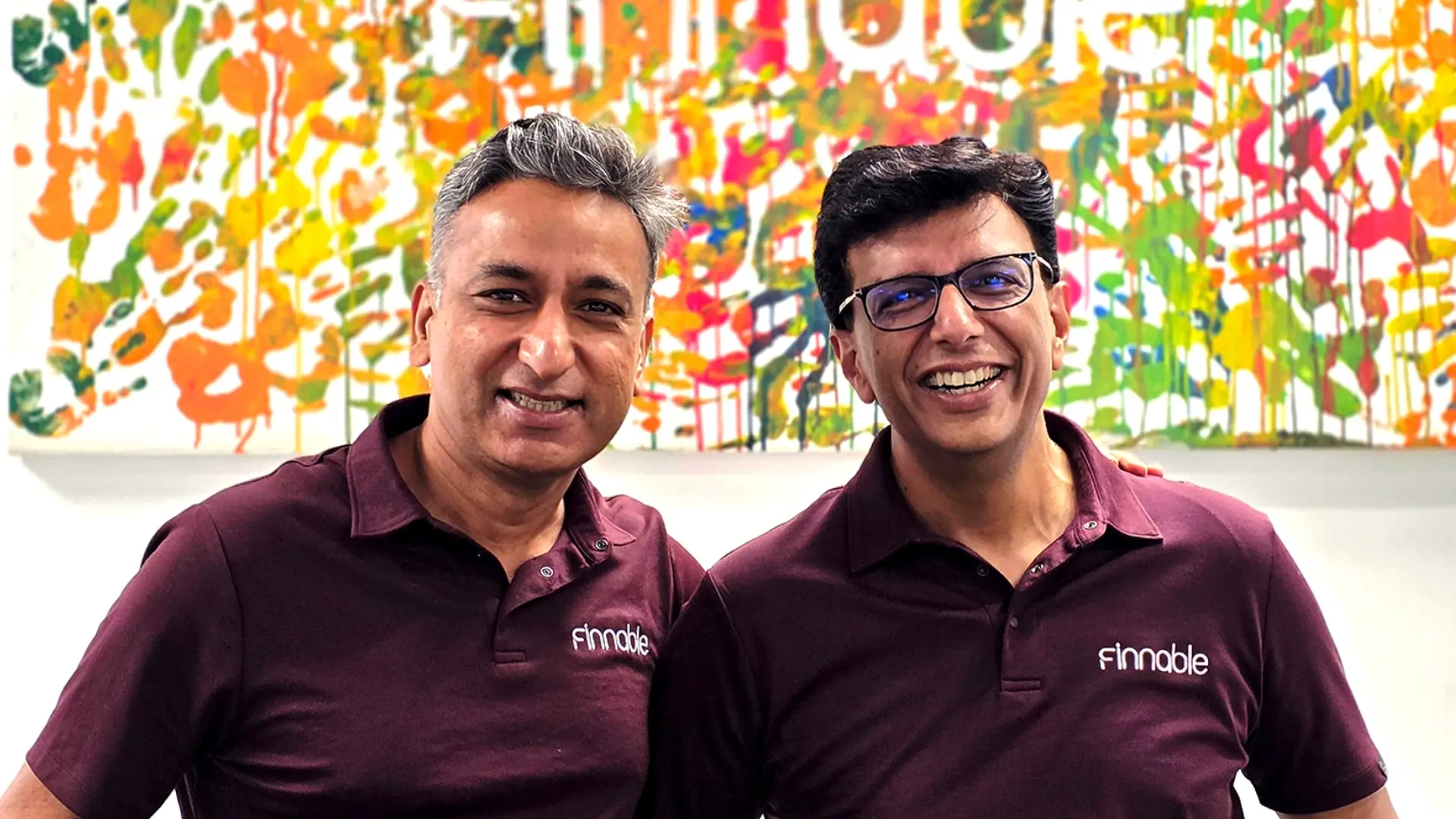Microsoft is executing a distinctive marketing strategy by recruiting popular social media influencers to promote its Copilot AI assistant in an effort to compete with ChatGPT’s established dominance in the consumer AI market. Despite Microsoft’s strong presence in enterprise AI sales, its Copilot tool currently has around 150 million monthly active users, which trails significantly behind ChatGPT’s approximately 800 million weekly active users and Google’s Gemini with 650 million monthly users. This highlights the substantial challenge Microsoft faces in expanding its reach among younger, everyday consumers, especially those under 30 years old.
Key to Microsoft’s consumer push is influencer marketing, with TikTok star Alix Earle, who has over 12 million followers across Instagram and TikTok, leading the campaign. Earle’s videos, such as one featuring Copilot providing anti-aging skincare tips with 15 million views, highlight how Copilot can be part of everyday lifestyle content. Other influencers, including twins Brigette and Danielle Pheloung and Brandon Edelman (Bran Flakezz), use Copilot to design fashion looks and provide dating and financial advice, respectively. Microsoft describes itself as a “challenger brand” and notes higher return on investment from influencer campaigns compared to traditional ads.
While the campaign has resulted in hundreds of millions of views, analysts raise doubts about the long-term impact on user numbers. Gartner analyst Jason Wong suggests it will be difficult for Microsoft to surpass ChatGPT’s entrenched consumer base. NYU marketing professor Anindya Ghose acknowledges the unusual approach but concedes that influencer familiarity can drive some consumer interest, even if credibility is mixed.
This fresh marketing push reflects Microsoft’s intent to reposition Copilot beyond traditional workplace productivity tools, presenting it instead as a lifestyle assistant suitable for everyday personal use. With influencers framing the AI as a “mentor and therapist” or a creative companion, the company aims to make Copilot more relatable and appealing to younger demographics who are significant drivers of consumer tech trends. While the campaign has achieved impressive engagement metrics and may yield more consumer traction in the near term, experts caution that establishing long-lasting user loyalty and closing the substantial usage divide with ChatGPT will require sustained efforts and innovation beyond influencer outreach.
Also Read: Inside India’s Co-Working Boom: Why Startups and Corporates Are Choosing Flexible Offices
